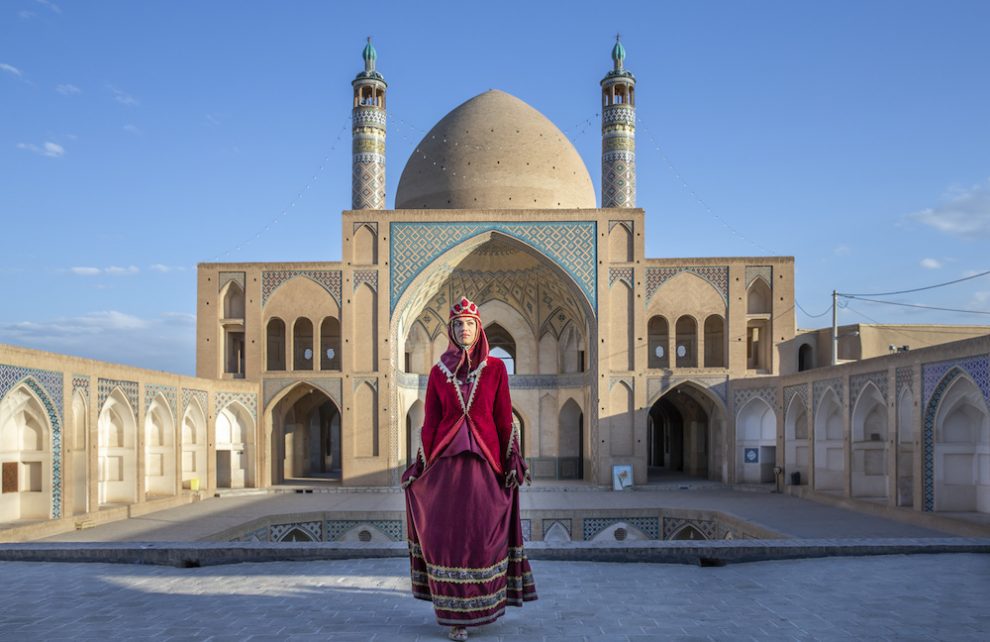Heading overseas? Here are some tips for when travelling in a muslim country. Australian tourists – when confronted with challenging cultural realities while visiting other countries, especially regarding different religions – may not be prepared to ask sensitive questions to better understand their hosts.
Instead, they tend to avoid in-depth conversations about subjects of cultural concern while on tour, citing respect for the feelings of local guides who may not always speak their mind freely as the reason for their hesitation, according to a new tourism study by a Flinders University researcher.
Read more travel articles: The Best Things to Eat/See/Do in Melbourne Right Now
Religion emerged as a key theme in a study by Daria Tikhonova, who has conducted a PhD study of Australian tourists’ responses to significant cultural differences in 11 countries visited in Europe, Asia, Latin America, Middle East and North Africa.
She says western tourists largely did not understand the complexities of Islam, yet despite interest in the subject, on-tour discussions of Islam and the practice of veiling by women in Iran, Turkey and Egypt were largely kept to a minimum by most tourists and their Australian leaders on small-group cultural tours.
Overall, the study participants thoroughly enjoyed their trips and admired local friendliness and genuine hospitality. But most participants, both male and female, also voiced concerns about gender inequality, religiosity and government control, when talking about Islamic norms of women’s dress. Even though women in Turkey and Egypt were found to have greater freedom of choice than in Iran, the dominant themes persisted.
However, while in Iran, where all women, including tourists, must comply with the compulsory hijab law, Ms Tikhonova noted an acceptance of some female western tourists to what is both a legal requirement and an unfamiliar cultural practice.
“Some female participants grew to enjoy what can be a liberating and aesthetic aspect of wearing a headscarf that gradually became to them second nature,” says Ms Tikhonova.
While the 2016 Australian Census revealed a growing number of Australians who identify as having ‘no religion’ (the most numerous response category in every generation aged under 70), the Mapping Social Cohesion survey for 2017 found that in Australia, 44% of respondents had a neutral attitude towards Muslims.
This survey also found that 24% held negative opinions, and noted that neutral responses could indicate a reluctance by respondents to disclose their true level of unease or opposition to immigrants from many countries.
Ms Tikhonova believes that travel represents a valuable opportunity for Australian travellers to reflect on their current assumptions about cultural and religious practices that they may know little about and ask pertinent questions to seek greater understanding.
“Now is not the time to avoid difficult conversations, particularly during travel,” says Ms Tikhonova. “Managing them can be challenging, but it is critical to embrace them with the same passion for life-long learning and appreciation of cultural diversity that drives tourism. If not during group travel facilitated by multicultural teams of guides for culture learning, then when?”






















Add Comment